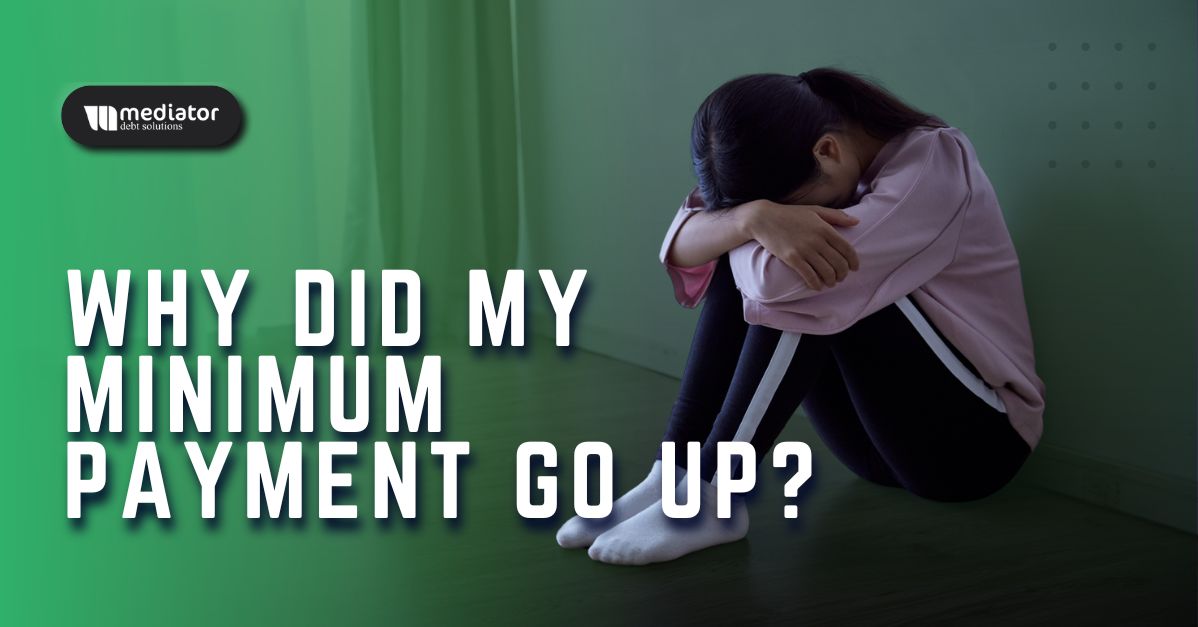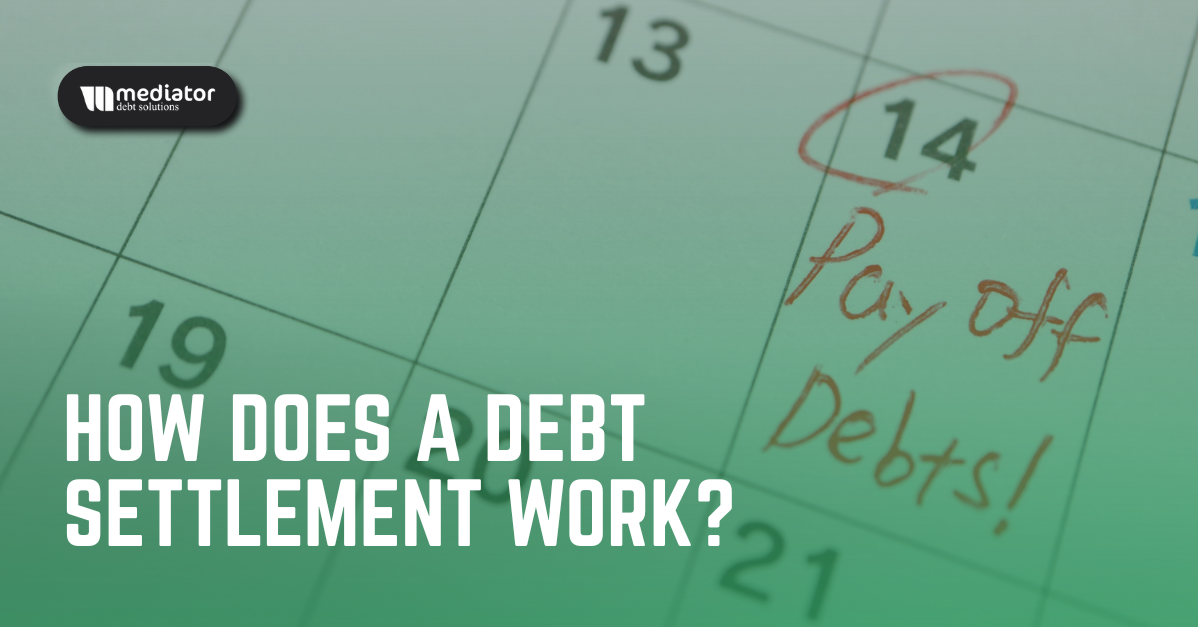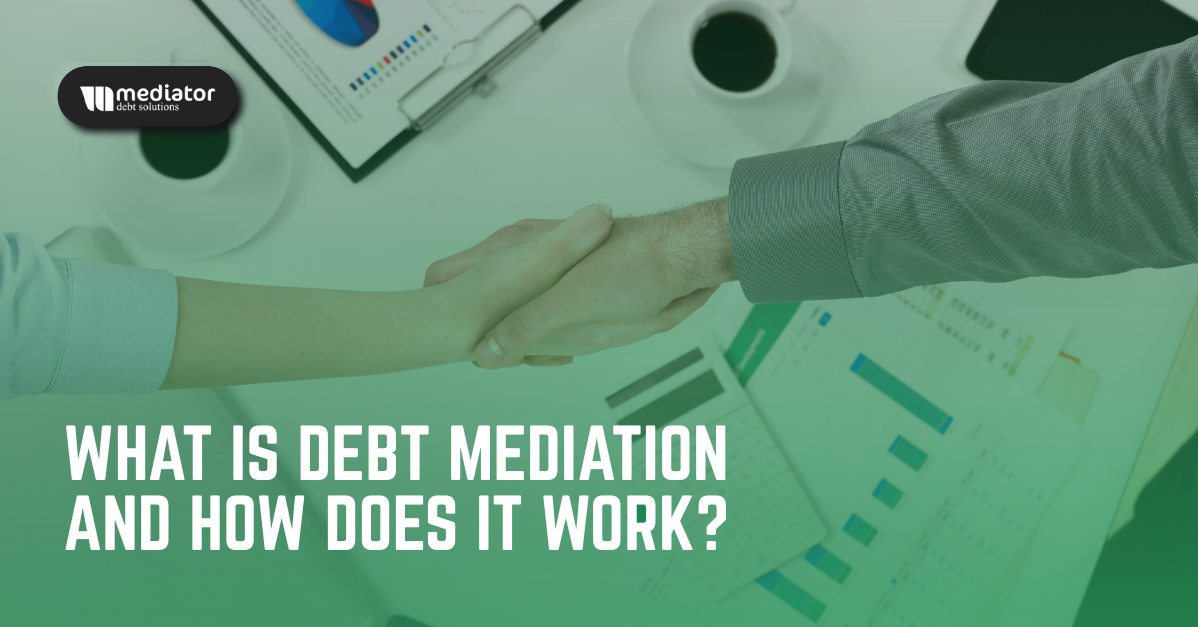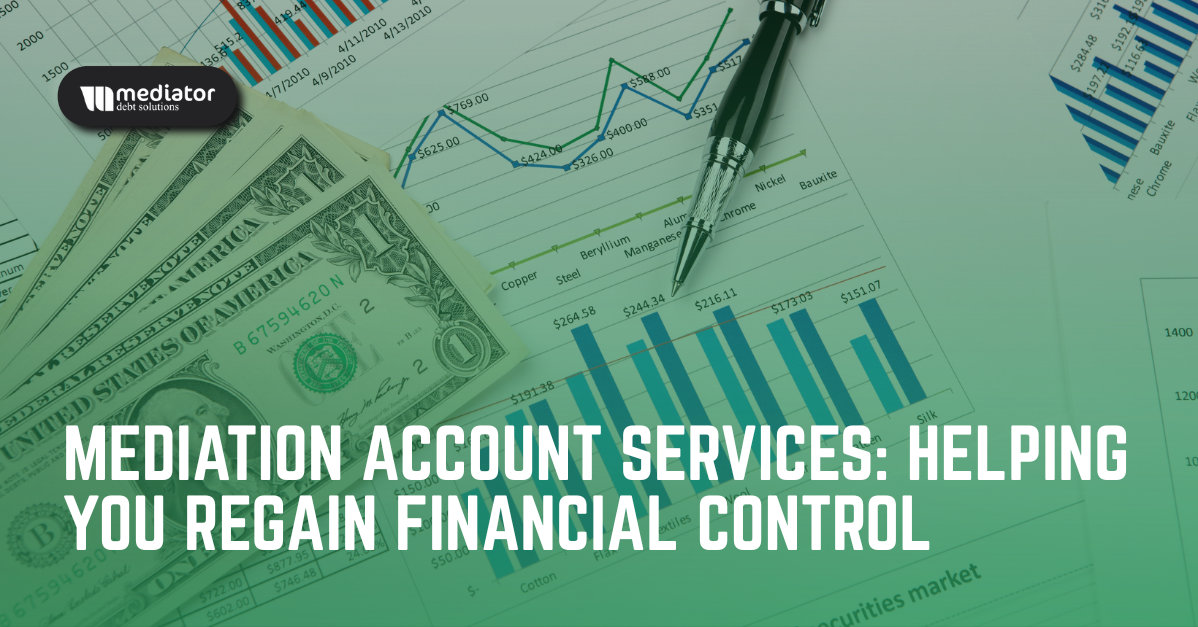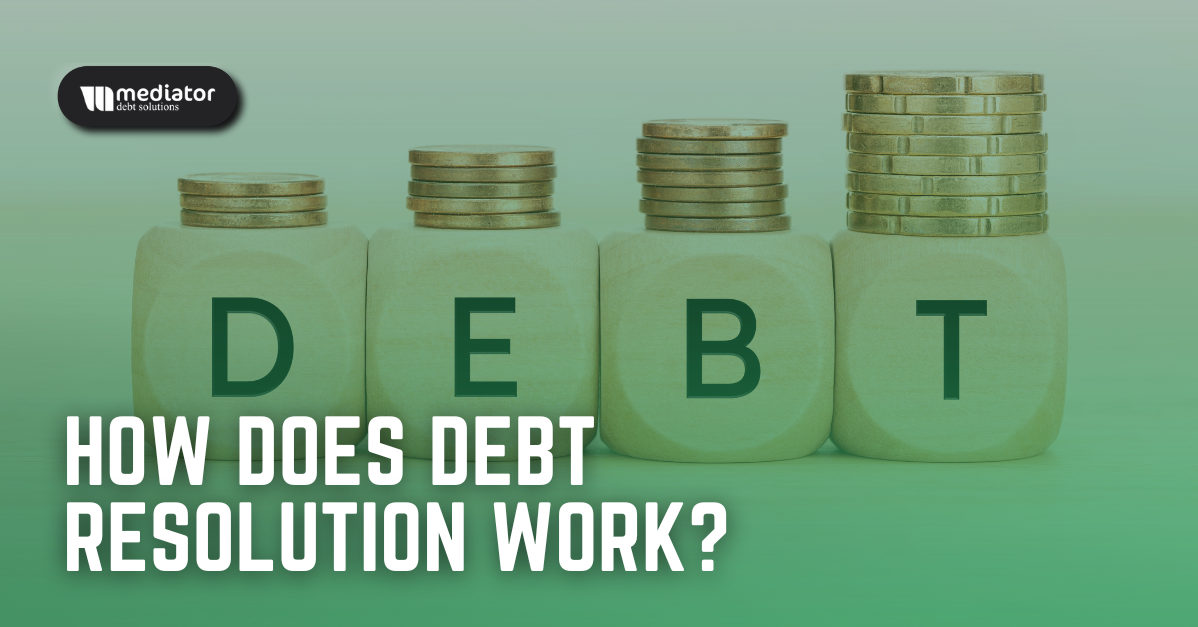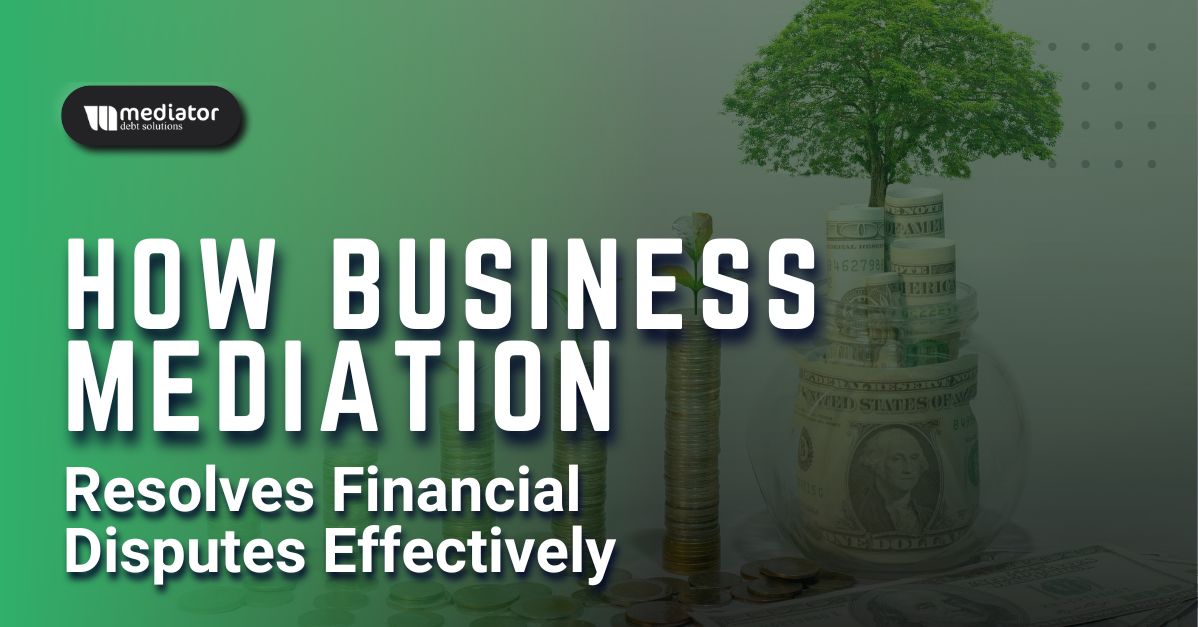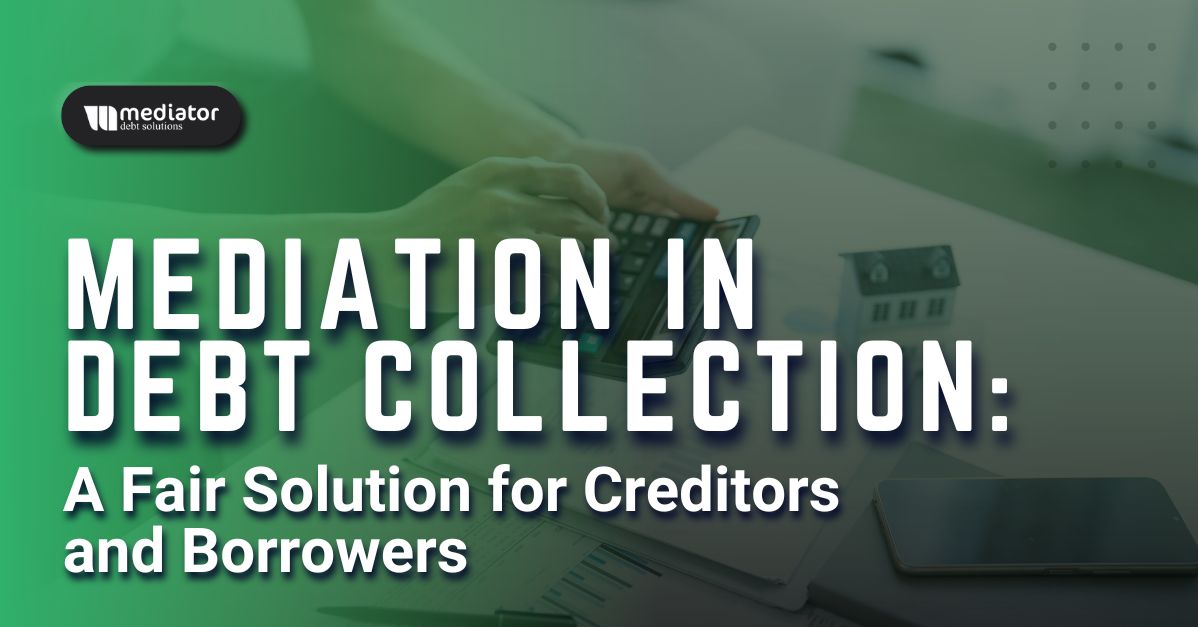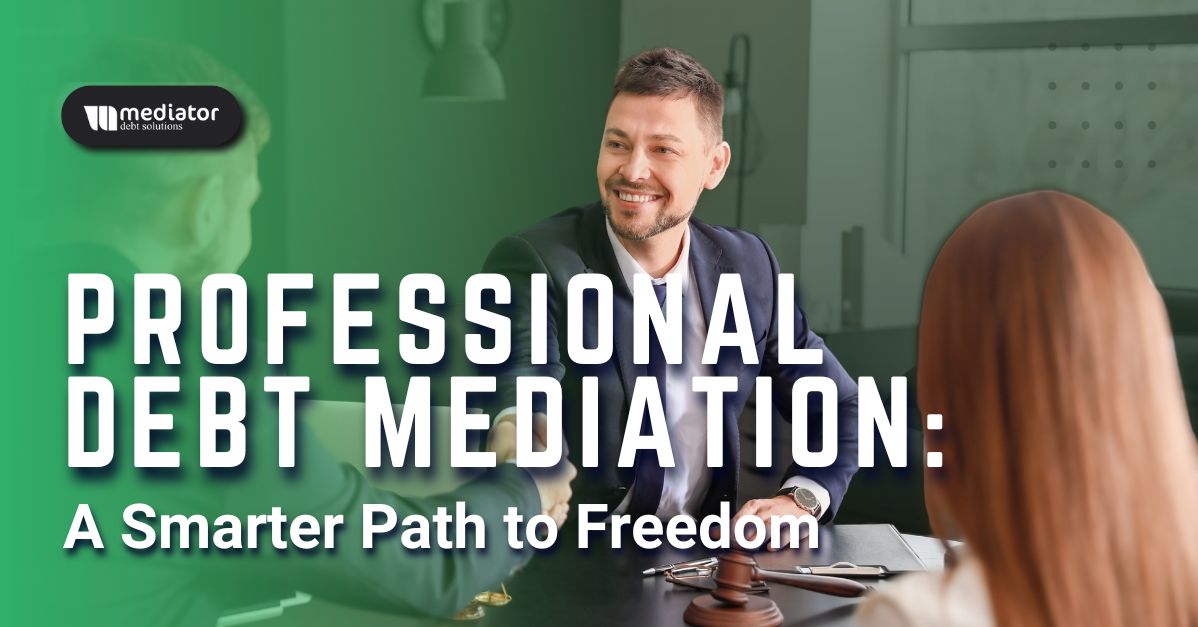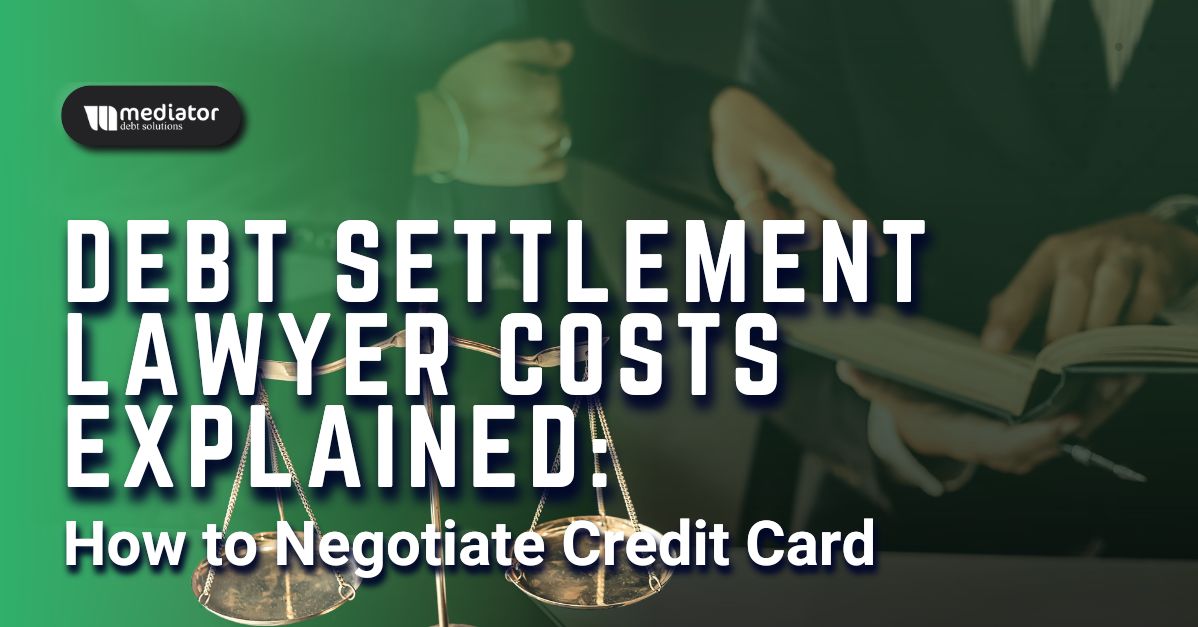Opening your credit card bill and seeing a higher minimum payment than expected can feel like a punch in the gut. Many U.S. consumers are left asking: why did my minimum payment go up? The truth is, there are several reasons this can happen, and understanding them is the first step toward taking back control of your finances.

Why Your Minimum Payment Increased
Most credit card minimums are calculated as a percentage of your outstanding balance—usually 1% to 3% plus interest and fees. Here are some of the most common reasons for increases:
- Interest Rate Hikes – If your annual percentage rate (APR) changes, even slightly, your minimum payment will rise. This often happens when introductory rates expire or the Federal Reserve raises rates.
- Added Fees – Late fees, over-limit charges, or annual fees can be rolled into your minimum, inflating your payment.
- Higher Balances – Using your card for large purchases or carrying debt from month to month automatically raises what you owe.
- Missed Payments – If you miss a due date, the past-due amount is added to your next bill, making the minimum much larger.

The Cost of Carrying Higher Balances
Carrying a high balance has ripple effects beyond just raising your minimum. You’ll pay more interest over time, and your credit utilization ratio (a major factor in your credit score) can increase, which may hurt your credit standing. What begins as a slightly higher payment can spiral into a cycle of debt if left unchecked.
According to the Consumer Financial Protection Bureau, carrying only minimum balances keeps you in debt for years and can cost thousands in additional interest.
What You Can Do About It
If your minimum payment keeps rising, don’t panic—there are proactive steps you can take:
- Budget Review: Look at your spending habits and find areas where you can cut back to free up cash for debt repayment.
- Pay More Than the Minimum: Even small extra payments chip away at your balance and reduce interest charges.
- Call Your Lender: Sometimes, card issuers are willing to negotiate lower rates or offer hardship programs.
How Mediation Helps You Regain Control
When payments feel unmanageable, debt mediation offers a structured path forward. Instead of juggling multiple high-interest payments, mediation negotiates with creditors on your behalf, often reducing both the balance and the interest owed.
At Mediator Debt Solutions, we’ve helped countless individuals regain financial stability by lowering their monthly obligations and creating a clear path toward debt freedom. If rising minimums are stressing you out, it might be time to consider a free consultation.
👉 Learn more about our debt mediation process and see how we can help reduce your payments and stress.

FAQs
It usually happens because of higher balances, interest rate changes, or added fees. Even one late payment can significantly raise your minimum.
Yes, many creditors will work with you if you reach out early. Options may include lowering your interest rate, waiving fees, or creating a hardship plan.
Yes. While it prevents late fees, it keeps you in debt longer and increases the total interest you pay. Whenever possible, pay more than the minimum.
Mediation involves negotiating with creditors to reduce balances and interest. This creates a manageable repayment plan without the long-term damage of bankruptcy.
Contact your creditor immediately, and consider exploring mediation as a solution. Acting quickly can prevent collections and protect your credit score.

